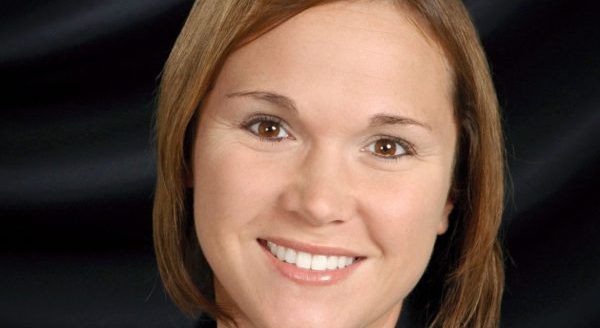Market assessment
In the past week the Dow Jones has dropped more than 1,000 points in one day and it came on the heels of when China says it wants to closer inspect sorghum imports as part of trade talks jockeying with the United States.
Ah, the volatility.
Market uncertainty is a speculator’s dream come true. I have watched my IRA account and 401(k) account go up and down like a pinball during the past week and yet I remember advice my folks and financial experts offered—“Stay with your plan. Don’t panic. Think long term.”
That advice has served me well over the years and has kept me from over reacting and “cashing out.” Life’s circumstances have forced me to make adjustments. I try to think of myself as the CEO of a small company. I need to invest and improve upon myself, take care of my vehicle, maintain a decent cash flow and put aside some funds for an emergency fund. I can put a check beside those items. I also know it is important to have a strategy for retirement. Trying to estimate future resources and expenses is a fuzzy exercise.
When the market goes up and down it does cause me to gasp in exhilaration at highs and grouse at lows. It provides empathy for farmers whose entire livelihoods are often determined by some of the same factors that drive the stock market. In the past 20 years the stock market has carried positive vibes for commodities and yet now we are in a period where higher markets and oil and natural gas have went up and grain prices have fallen.
I’m not an economist but I know that is a troubling trend. Less than a year ago one of the finest corn farmers I know told me the price of grain he received was less than the cost of production—one of the few times in many years he could remember. As troubling as it was, he said had no choice but to harvest the crop, market with the best tools he could and plan for 2018.
At a recent meeting I heard an economist express similar thoughts. The current price of corn per bushel can still cover variable costs. That is a not a good long-term formula, he said, because if it prolongs itself for more than a couple of years it leaves producers little resources to take care of the long-term obligations necessary to keep a farm efficient.
I could relate to it. When I experienced tougher times on several occasions, it has meant cutting back on investing in myself. The thought of upgrading my housing, buying an entertainment system or replacing a vehicle is shelved. And on two occasions it meant dipping into the emergency fund and eschewing retirement planning contributions.
Staying with the plan has worked for me and I recognize adjustments are part of the budget tightening process. My heart goes out to those farmers and ranchers and agri-businesses that are facing tight times. The Dow Jones continues to remind us of the volatility and vulnerability we all face.



